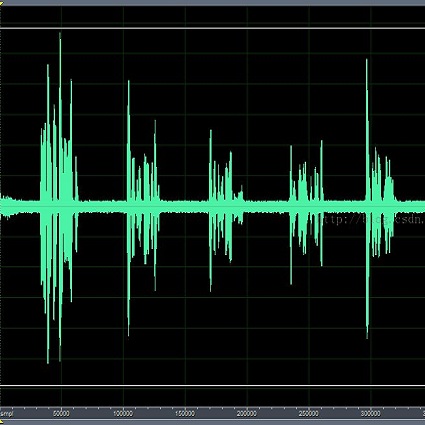This paper focuses on leveraging deep representation learning (DRL) for speech enhancement (SE). In general, the performance of the deep neural network (DNN) is heavily dependent on the learning of data representation. However, the DRL's importance is often ignored in many DNN-based SE algorithms. To obtain a higher quality enhanced speech, we propose a two-stage DRL-based SE method through adversarial training. In the first stage, we disentangle different latent variables because disentangled representations can help DNN generate a better enhanced speech. Specifically, we use the $\beta$-variational autoencoder (VAE) algorithm to obtain the speech and noise posterior estimations and related representations from the observed signal. However, since the posteriors and representations are intractable and we can only apply a conditional assumption to estimate them, it is difficult to ensure that these estimations are always pretty accurate, which may potentially degrade the final accuracy of the signal estimation. To further improve the quality of enhanced speech, in the second stage, we introduce adversarial training to reduce the effect of the inaccurate posterior towards signal reconstruction and improve the signal estimation accuracy, making our algorithm more robust for the potentially inaccurate posterior estimations. As a result, better SE performance can be achieved. The experimental results indicate that the proposed strategy can help similar DNN-based SE algorithms achieve higher short-time objective intelligibility (STOI), perceptual evaluation of speech quality (PESQ), and scale-invariant signal-to-distortion ratio (SI-SDR) scores. Moreover, the proposed algorithm can also outperform recent competitive SE algorithms.
翻译:本文侧重于利用深层代表学习(DRL)来增强语言能力(SE) 。 一般来说,深神经网络(DNN)的性能在很大程度上取决于数据代表性的学习。 但是,在许多基于 DNN 的 SE 算法中,DRL的重要性常常被忽视。 为了获得质量更高的强化演讲,我们建议通过对抗性培训,采用基于DRL的双阶段SE方法。 在第一阶段,我们分解不同的潜在变量,因为分解的表达方式可以帮助DNNN产生更好的发言质量。 具体地说,我们使用美元-变异自动计算(VADE)算法(VADE)的算法来获取最新信号显示的言词和噪声上的估计及相关的表述。 然而,由于SDRLS的演算法非常棘手,我们只能用一个有条件的假设来估计它们。 在第一阶段,这可能会降低基于信号的估计的最后准确性。 为了进一步提高发言质量,在第二阶段,我们引入了对抗性培训,以降低Asrior的不准确度(VE-LIS) 的准确度评估可以使S 实现更准确的S 。





